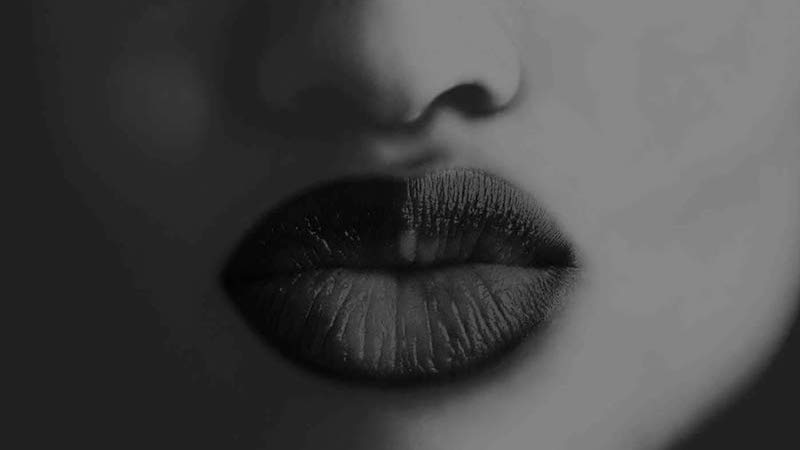
Our five alarm fire of fabulous reviews this week includes Julian Lucas on Octavia Butler’s collected works, Parul Sehgal on Shirley Hazzard’s The Transit of Venus, Hannah Giorgis on Sister Souljah’s Life After Death, Omar El-Akkad on Imbolo Mbue’s How Beautiful We Were, and Jeremy Lybarger on Elon Green’s Last Call.
“It’s often observed that the Parables, already prescient when they were published, now read like prophecy. Isaac Asimov captured the spirit of Pax Americana in his mid-century Foundation series, a saga of galactic expansion through soft power and advanced economics; Butler may have a similar relationship to our own stunned era of slow-motion ecological catastrophe … Butler’s great subject was intimate power, of the kind that transforms relationships into fulcrums of collective destiny. She explored the ways that bodies could be made instruments of alien intentions, a motif that recurs throughout her fiction in ever more fantastic guises: mind control, gene modification, body-snatching, motherhood … ‘We are our ancestors’ wildest dreams,’ goes one popular affirmation; Butler raises the disquieting proposition that we are, at least some of the time, their parasites … The abuse of power, Butler suggests, can be distinguished from the art of survival only if we acknowledge the intimacy between them … If there’s a cardinal sin in Butler’s universe, it’s expecting your way of life to go on forever, or, in more intimate terms, expecting your descendants to be like you. But our histories—evolutionary, diasporic—teach otherwise. The future isn’t a mirror.”
–Julian Lucas on Octavia Butler’s Collected Works, Vol. 1 (The New Yorker)
“It’s a fact readily acknowledged that one can encounter some books simply too late in life to appreciate—or, in some cases, even tolerate—them. The famous examples include The Catcher in the Rye, most of the Beats, all of Anaïs Nin. But I’m more curious about the counterpoint: Those books said to require experience, and age, to unlock. Shirley Hazzard’s newly reissued novel The Transit of Venus (1980) reigns in this category … Nothing unduly challenging—except, perhaps, that the book is precisely about the misapprehensions of youth, of missing the point and those late-in-life revelations that return us to elemental questions—’Who are the weak?’ Caroline wonders. ‘Who are the strong?’ It’s a novel about being wrong about this question and so many others, about our gorgeous and distressing human confidence, the way we march around, plucky protagonists in our minds, armed with horrifyingly partial knowledge of the motivations of those around us. To say nothing of the forces we cannot see … Here we feel Hazzard’s design upon us, her challenge—to read with an intensity matching her prose. Did it ever rain in fiction—really properly rain—before The Transit of Venus? … It’s a beautiful book, Proust said, that gives us new desires, not merely new answers.”
–Parul Sehgal on Shirley Hazzard’s The Transit of Venus (The New York Times)
“Sister Souljah continues to explore the vices that ensnare Winter and materialistic young people like her. The second novel follows Winter to a temptation-packed purgatory where she must surrender the avarice, lust, and ego that have defined her existence. Though Life After Death doesn’t take place on the literal streets of Brooklyn, the sequel joins its predecessor—and the rest of Sister Souljah’s work—in illuminating both the glamour and the danger of urban life … Sister Souljah’s first novel has sold more than 1 million copies since it was published, a statistic that doesn’t even account for the many young readers who passed it around in classrooms, buses, and locker rooms like contraband … Life After Death presents an opportunity to more thoroughly consider literature of its kind—for those of us who first became acquainted with Winter as teens, and for a publishing industry that still doesn’t quite understand characters like her … Even in her condemnation of Winter’s actions, Sister Souljah…addresses the larger injustices affecting people who live in similar environments. The novelist’s critiques are interpersonal as well as societal.”
–Hannah Giorgis on Sister Souljah’s Life After Death (The Atlantic)
“A kind of moral claustrophobia hangs over the opening pages of Imbolo Mbue’s sweeping and quietly devastating second novel, How Beautiful We Were … It’s a propulsive beginning, though one that feels at first as though it’s about to roam familiar ground—a tale of a casually sociopathic corporation and the people whose lives it steamrolls. By the end of the first chapter, I couldn’t help bracing for a long march toward one of two conclusions: the corporation’s inevitable victory, or its wildly unlikely but inspiring defeat. I was wrong. What carries Mbue’s decades-spanning fable of power and corruption is something much less clear-cut, and what starts as a David-and-Goliath story slowly transforms into a nuanced exploration of self-interest, of what it means to want in the age of capitalism and colonialism—these machines of malicious, insatiable wanting.”
–Omar El-Akkad on Imbolo Mbue’s How Beautiful We Were (The New York Times Book Review)
“Rather than focus on the killer—who has all the allure of a wet cocktail napkin—he foregrounds the lives and milieus of the victims. It’s a reparative act that doubles as an extended elegy for the decades of closeted or bullied queers who encountered similar demons in schoolyards, across dinner tables, in pews, or in the browser histories they desperately erased … a salvage operation not only for individual lives, but for a whole bleak chapter of underground queer life … Such offbeat details compensate for Green’s smooth but bland prose … preserves the poignant irony that the trust and vulnerability that once made gay bars synonymous with gay community were also vectors of death, both in the form of murder and, later, HIV/AIDS … Most true-crime writers favor the crime half of the equation. But there’s also the imperative of truth—not just the factual tally of names, dates, and numbers, but the existential question of why such horror happened at all.”
–Jeremy Lybarger on Elon Green’s Last Call: A True Story of Love, Lust, and Murder in Queer New York (4Columns)

